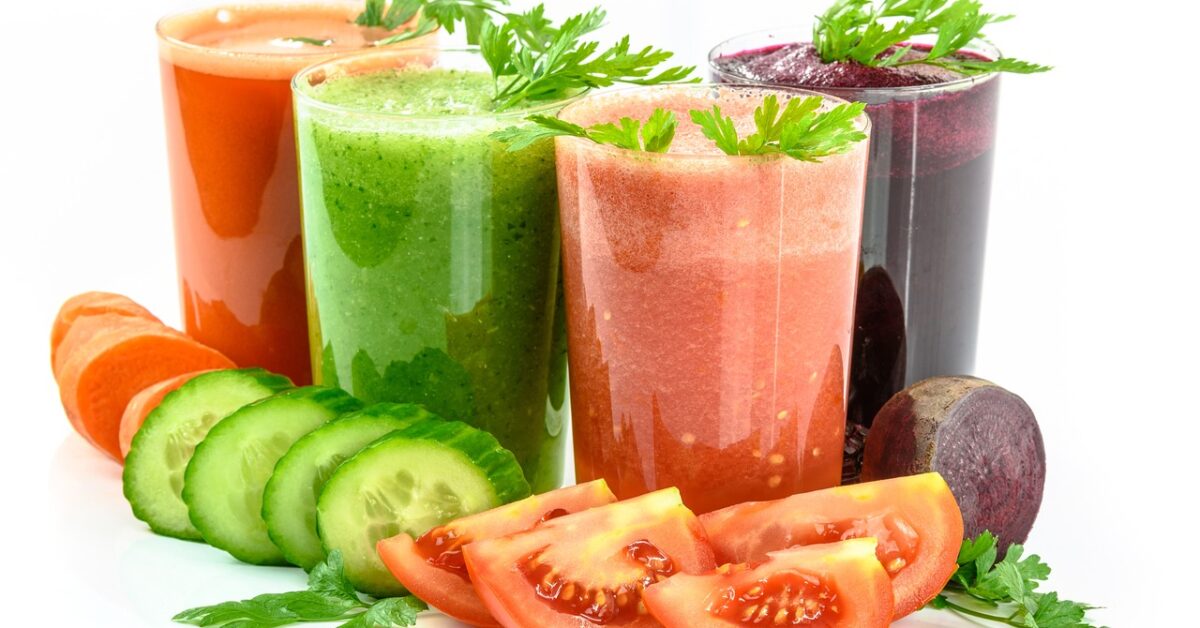Raw vegan diet is a type of diet that involves consuming only plant-based foods in their raw and unprocessed form. This means that individuals following a raw vegan diet do not consume any animal products, including meat, dairy, eggs, and honey. Instead, their diet consists of fruits, vegetables, nuts, seeds, and sprouted grains. The raw vegan diet has gained popularity in recent years due to its potential health benefits and ethical considerations. However, it also presents certain challenges that individuals need to be aware of before adopting this dietary lifestyle.
Benefits of a Raw Vegan Diet
1. Increased nutrient intake: Raw vegan diet emphasizes the consumption of fresh fruits and vegetables, which are rich in essential vitamins, minerals, and antioxidants. By eating these foods in their raw form, individuals can maximize their nutrient intake and promote overall health and well-being.
2. Improved digestion: Raw foods are rich in dietary fiber, which aids in digestion and promotes regular bowel movements. This can help prevent constipation and other digestive issues. Additionally, raw foods contain enzymes that can support the body’s natural digestive processes.
3. Weight management: Many individuals who adopt a raw vegan diet experience weight loss or maintain a healthy weight. This is because raw foods are generally lower in calories and higher in fiber compared to processed and cooked foods. Additionally, the high water content in raw fruits and vegetables can help individuals feel full and satisfied.
4. Reduced risk of chronic diseases: Studies have shown that a plant-based diet, including a raw vegan diet, can help reduce the risk of chronic diseases such as heart disease, diabetes, and certain types of cancer. This is due to the high intake of antioxidants, phytochemicals, and fiber found in raw plant foods.
Challenges of a Raw Vegan Diet
1. Nutrient deficiencies: While a raw vegan diet can be nutrient-dense, it may also lead to certain nutrient deficiencies if not properly planned. For example, vitamin B12, which is primarily found in animal products, is often lacking in a raw vegan diet. It is important for individuals following this diet to ensure they are getting enough nutrients through supplementation or carefully selecting a variety of plant-based foods.
2. Food safety concerns: Raw foods, especially fruits and vegetables, can be a source of foodborne illnesses if not handled and washed properly. It is crucial for individuals on a raw vegan diet to thoroughly wash their produce and follow proper food safety practices to minimize the risk of contamination.
3. Social challenges: Following a raw vegan diet can be challenging in social settings, such as dining out or attending social gatherings. Many restaurants may not have a wide selection of raw vegan options, and it can be difficult to find suitable choices when eating with non-vegan friends or family members. This may require individuals to plan ahead or bring their own meals to ensure they can stick to their dietary preferences.
4. Time and preparation: A raw vegan diet often requires more time and effort in meal preparation compared to a standard diet. Raw foods may need to be soaked, sprouted, or dehydrated before consumption, which can be time-consuming. Additionally, finding and purchasing fresh and organic produce regularly may require more frequent trips to the grocery store or farmers’ markets.
Conclusion
The raw vegan diet offers numerous potential benefits, including increased nutrient intake, improved digestion, weight management, and reduced risk of chronic diseases. However, it also presents challenges such as nutrient deficiencies, food safety concerns, social challenges, and increased time and preparation. Individuals considering a raw vegan diet should carefully weigh the benefits and challenges and ensure they are able to meet their nutritional needs while adhering to this dietary lifestyle.
